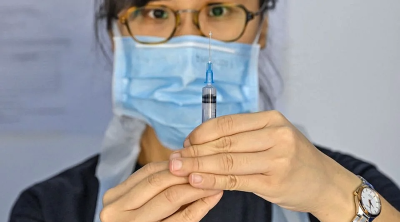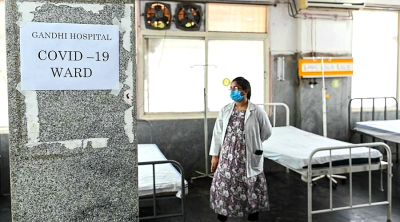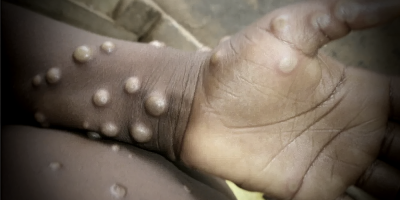
The Omicron wave is upon us and we are not sure how high it will peak.
The number of daily cases on February 16 was 27,831, the highest number throughout the COVID-19 pandemic in our country.
The Omicron variant has very high transmissibility compared to the Delta variant. Once it is in the community, it spreads very fast and with high caseload as we observe in the US, UK, EU countries, as well as our neighboring countries.
Some of us may panic and question why is movement control not implemented; while others may think Omicron is a mild variant and we should just let it subside on its own.
Both views are understandable but neither works on its own.
Omicron may be mild, but vulnerable individuals with older age, comorbidities and low immunity may suffer severe symptoms, require hospitalization and may die from it.
We need to take the middle path with both the government and public taking their responsibilities in overcoming this Omicron wave without having to lock down and not to crash our healthcare system with high influx of COVID-19 related hospitalization.
Our government should have evidence-based strategies designed with clear goals in the prevention of COVID-19 deaths, protecting our healthcare system from crashing and not sacrificing the care of non-COVID-19 patients such as cancers, diabetes mellitus, cardiovascular diseases etc.
In addition, keeping the economic sectors open is crucial as this will support our country’s economy and the livelihood of our people which its absence may cause social unrest or mental health issues.
After going through the COVID-19 pandemic for more than two years, we are all aware of the various effective measures in the prevention and control of COVID-19.
The key measure is vaccination. Full vaccination (with boosters) prevents severe symptoms or deaths and transmission partially.
Based on the CovidNow data on Feb 9, the number of COVID-19 related deaths were 5.8, 0.3 and 0.1 per 100,000 patients who were unvaccinated, vaccinated with two doses and boosted respectively.
The small number of deaths among patients who were boosted may be from those vulnerable groups.
In addition to vaccination, other public health measures such as wearing masks, social distancing and keeping hand hygiene are the other layers of protection against COVID-19 infection.
Mask that fits well with good infiltration should be worn when in public places. Avoid crowded and poorly ventilated places.
Consider your risks in dining out carefully: whether you fall in the high-risk group, whom you are dining with (are they in your family bubble), where are you dining out (indoor or outdoor, is it crowded or not).
Testing before dining out or joining any event may be another effective measure in preventing the spread of COVID-19. However, this needs everyone’s commitment in doing the test and being honest with the results.
Individuals with symptoms but negative results should not join the events as the timing of testing may be too early or the test is not carried out appropriately.
Lastly, maintaining healthy weight, keeping healthy lifestyle in diet, physical activities, good stress management are keys to having good immunity.
Those with comorbidities should keep their levels of blood sugar, cholesterol and blood pressure within normal ranges by practicing healthy lifestyle, complying with medication and following up with your doctors.
We should not panic with the high daily number of cases during this Omicron wave. If each of us plays our roles, we will be able to weather this wave successfully.
Stay safe, stay healthy.
(Professor Dr Moy Foong Ming, Department of Social & Preventive Medicine, Faculty of Medicine, Universiti Malaya.)
ADVERTISEMENT
ADVERTISEMENT








































